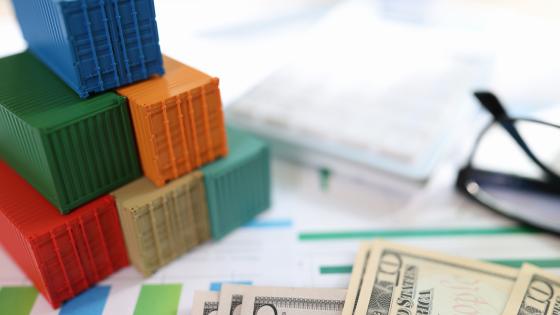DP14104 On the Relationship Between Domestic Saving and the Current Account: Evidence and Theory for Developing Countries
We examine the relationship between domestic saving and the current account in developing countries. Our three main findings are that domestic saving has: (i) a small effect on the current account; (ii) a significant positive and quantitatively sizable effect on the trade balance; (iii) a significant negative effect on net-current transfers. We use countries in the sub-Saharan African region as a laboratory for an instrumental variables approach. The IV approach enables to obtain estimates of causal effects. Underlying the IV approach is the significant positive first-stage response of domestic saving to plausibly exogenous annual rainfall: an unanticipated, transitory supply-side shock. We construct a small open-economy DSGE model with debt adjustment frictions and endogenous net-current transfers to match the empirical findings. The model enables to examine how other types of shocks – such as changes in interest rates or trend TFP for which it is hard to get exogenous variation in the data – affect the relationship between domestic saving and the current account. An important implication of our findings is that, for developing countries, estimates of the relationship between domestic saving and domestic investment are not informative for answering the question how domestic saving affects a country's accumulation of net foreign assets.

